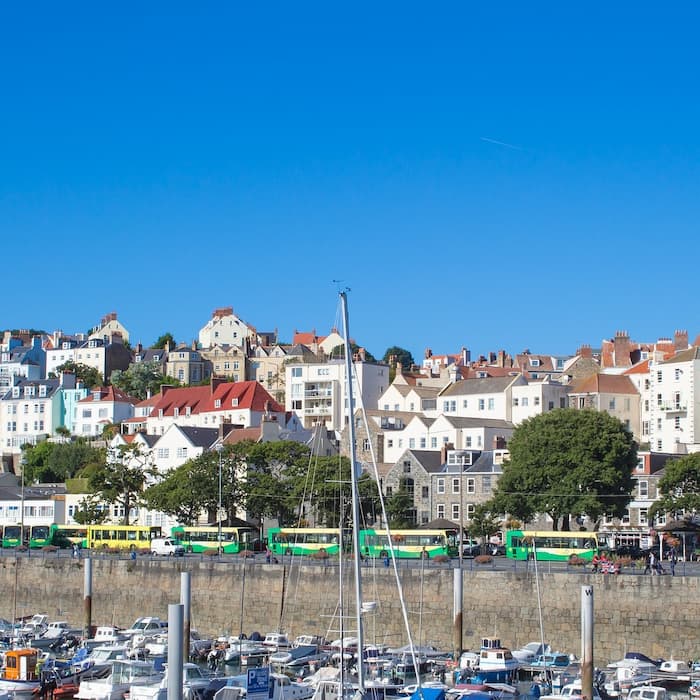New Products
Guernsey Proposes First Natural Capital Fund Regime

Guernsey’s Financial Services Commission (GFSC) has released two consultation papers, proposing to introduce a new regime.
In a bid to protect against greenwashing, Guernsey’s Financial
Services Commission (GFSC) has released two consultation papers
in which it proposes to introduce a Natural Capital
Fund.
The regime's aim is to help channel investment into
biodiversity and natural capital projects by building on the
success of the Guernsey Green Fund which was the world’s first
regulated green investment fund regime.
Natural capital is seen as the world’s stock of natural
resources, which includes geology, soils, air, water and all
living organisms.
The first consultation paper proposes the creation of a Natural
Capital Fund designation that is committed to
making nature-positive investments. It will complement the
Bailiwick’s existing regulated Guernsey Green Fund regime,
which now channels more than £4.4 billion ($5.4 billion)
into green investments.
The second consultation paper aims to enhance levels of
confidence in the Bailiwick’s sustainability framework
by introducing measures that help prevent the potential risk
of greenwashing.
Together, the Guernsey Green Fund and Natural Capital Fund are
designed to provide Guernsey funds with a choice
of complementary sustainability designations based on
international standards.
“It is not possible for the world to reach net zero without being
nature positive,” Stephanie Glover, head of sustainable finance
at WE ARE GUERNSEY, said. “Leaders in biodiversity
finance have been calling for greater private investment and
regulation to protect and restore the natural world,” she
added.
“In the latest IPCC report, nature-based solutions account for
three of the top five solutions to limit climate change.
The proposed Natural Capital Fund regime will drive
investment into these solutions, and help investors be confident
that their investments are going to projects that will
protect the natural environment, avoid and capture carbon
emissions,” she said.
“The proposal to introduce a Natural Capital Fund reinforces
Guernsey’s position as one of the world’s leading
sustainable finance centres,” deputy Nick Moakes, member of the
States of Guernsey’s Committee for Economic Development and chair
of Guernsey Green Finance Strategy Group, explained.
In order to be eligible for the Natural Capital Fund designation,
funds will be required to set and monitor
appropriate targets aligned with the Convention on
Biological Diversity’s Post-2020 Global Biodiversity Framework’s
2030 Action Targets and relevant United Nations’ Sustainable
Development Goals, the Commission said. The required measurements
relating to these targets and the controls for those measurements
should give investors confidence that the Natural Capital Fund’s
sustainable investment objectives align with investor
expectations.
GFSC director general William Mason said the Commission is
not aware of any greenwashing practices being undertaken by
licensed Guernsey-based entities but added that it is
important to continue guarding against the risk of
greenwashing.
The Commission is consulting to keep the Bailiwick in step with
other developed jurisdictions’ investor protection measures.
This consultation paper also seeks views on future consideration
of anti-greenwashing measures for other sectors, beyond
investment licensees and funds.
“In 2018, the Commission launched the Guernsey Green Fund,
creating what we believe was the world’s first regulated
green investment fund,” Mason said. “The Natural Capital Fund
proposals and the accompanying measures to counter greenwashing
are designed to allow the Bailiwick to continue to develop
as a leading centre for sustainable finance,” he added.
Guernsey, located in the Channel Islands, is an independent
dependency of the UK Crown, granted access to European markets
through demonstrated regulatory compliance. It has around
1000 investment funds domiciled or serviced in the island, 150
licensed fiduciaries and 700 licensed insurance vehicles.